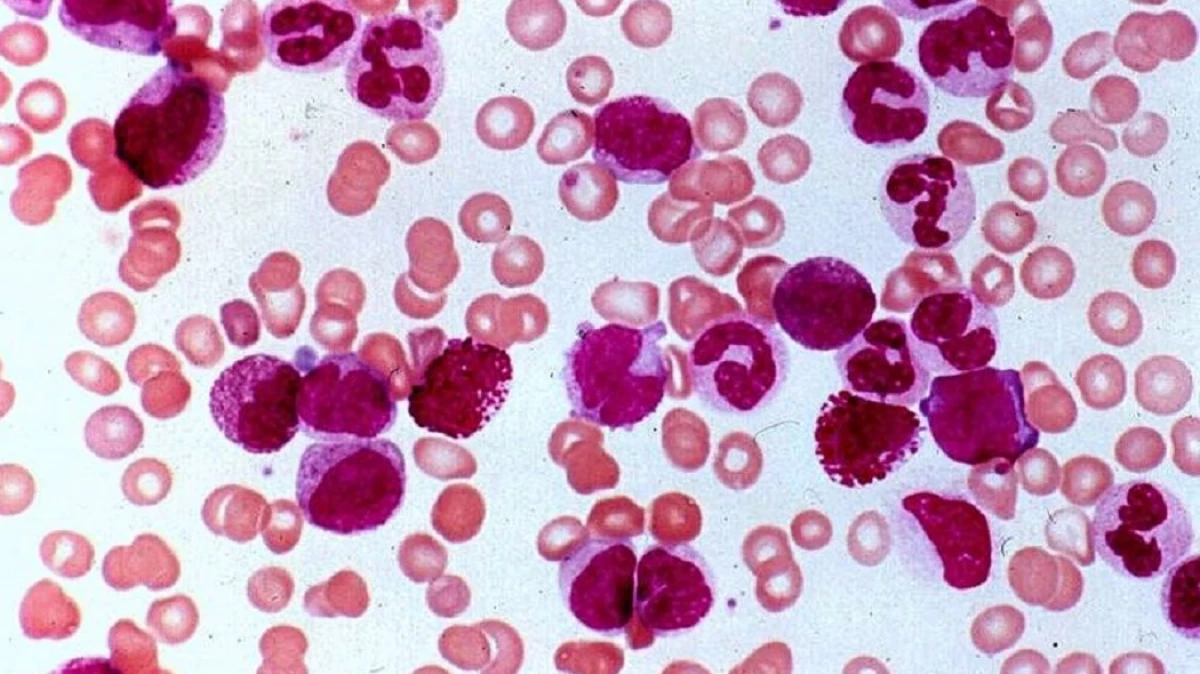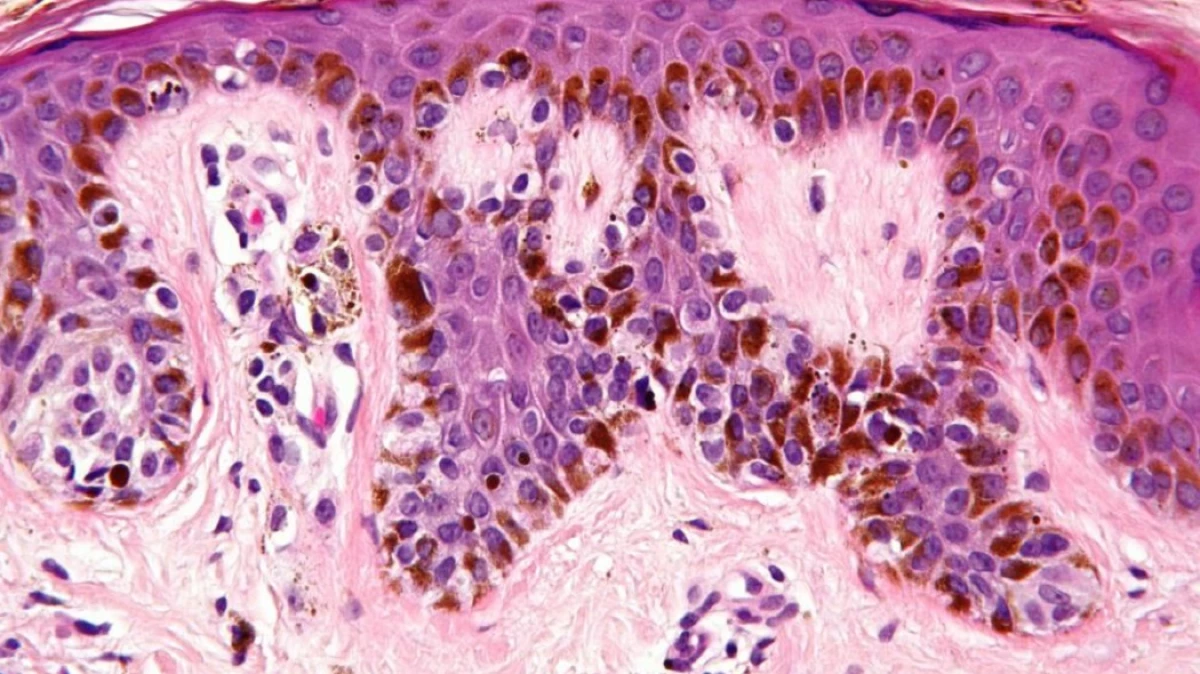Active hibernation helps cells of malignant formations to withstand stress from aggressive treatment

Employees of several US and Australia universities found that the transition to "sleep mode" allows cancer cells to experience the impact of chemotherapy. Such a process in the future can lead to a re-emergence of malignant education. The research materials were published in the Cancer Discovery magazine.

As part of the study, a series of experiments on organoids, as well as laboratory mice, whose body was raised by cancer cells. Further, the results were confirmed by samples selected in patients with acute form of an IML during treatment after a recurrence of the disease. It was found that leukemia cells during chemotherapy partially moved to the state of aging with the signs of "active hibernation". In such a state, they looked damaged and need to restore. Disconnecting most of its functions, they connected immunity cells for healing.
Such a transition to "sleep mode" ensured the survival of cancer cells from genotoxic stress arising from chemotherapy. After waking up the cells could be given to new cancer colonies with an increased potential of stem cells. According to Melnik, a similar process was previously observed in embryos, which may temporarily stop their growth during insufficient nutrition. The process of embryonic diapause is a natural feature of biological activity, manifested in the context of malignant tumors.
Scientists stated that the process of transition to the "sleep mode" in cancer cells corresponds to a special ART protein. It is reported that currently researchers are working together with companies involved in the production of inhibitors of this protein. This will allow in the future to develop drugs not only for patients with a recurrent OML, but also a gastric or breast cancer.
